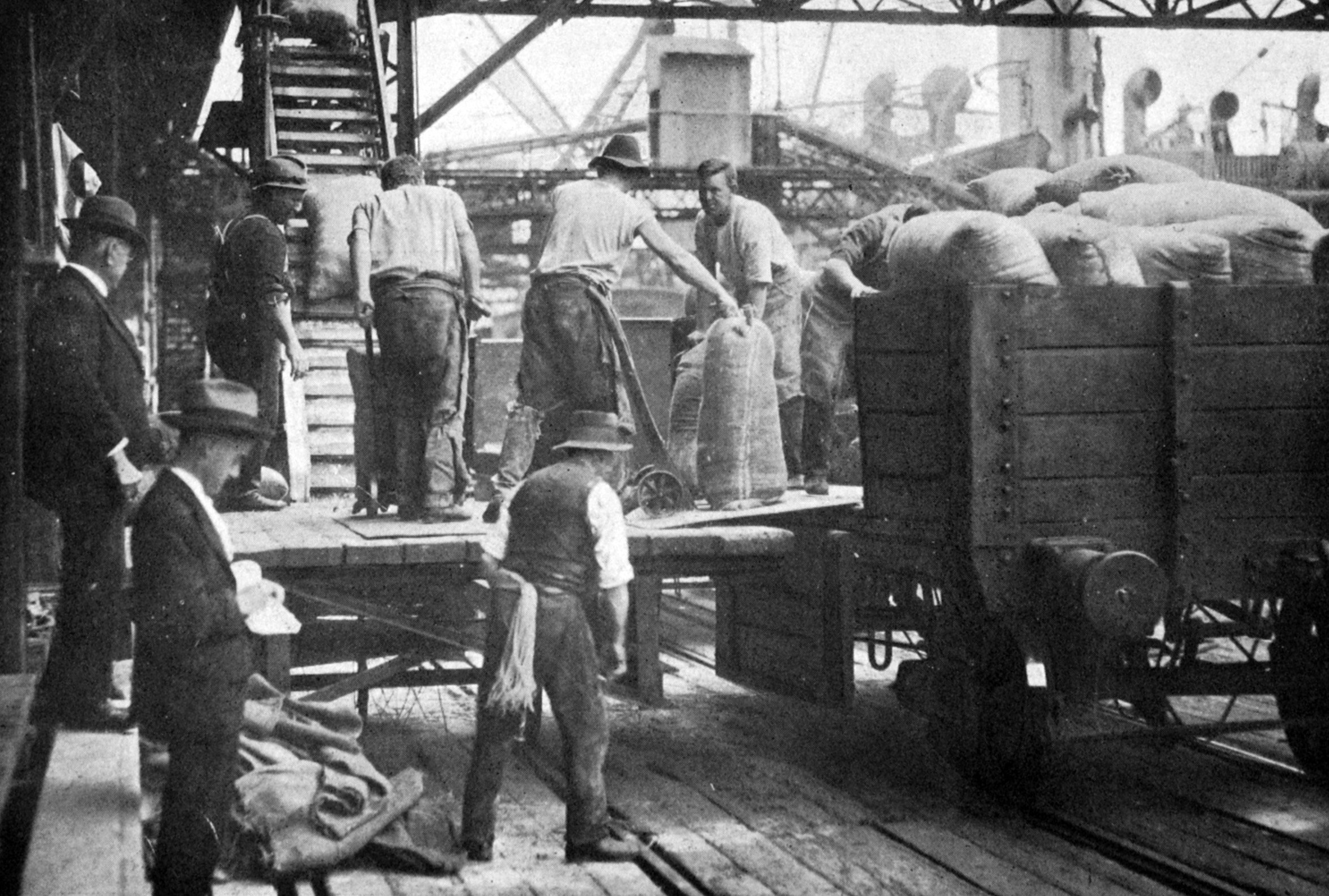
Mr Susaki (Consul-General for Japan) expressed his gratitude for the unparalleled display of friendship and affection for his country in its hour of trial. Mr Farmer Whyte (editor of the Daily Telegraph), Mr Threlfall (of the Herald’s staff), and Brigadier-general Williams (of the Melbourne Herald) will accompany the Australian relief ship to Japan as representatives of the Australian Press Association to investigate and supply reports of the effects of the disaster. They will depart on Saturday.
Move over, jazz


"Jazz" music is dying — and there will be no mourners. Instead, of being bludgeoned into dancing by the strident order of the band, dancers are to be lured almost irresistibly to the ball-room floor by the soft pulsing of muffled melody. London is succumbing to the enchantment of the "Blues," these haunting melodies born of the Southern States and rendered wonderfully by the new technique of playing. It is likely that out of 20 fox-trots at a dance in the coining winter five or six will be "Blues." "Blues" are played slower than a fox-trot. While a fox-trot is played at 48 bars to the minute, "Blues" are played at 35. Only a good dancer can dance the old fox-trot to the "Blues." Consequently a new method of dancing, the fox-trot with simplified steps — a modified fox-trot — is being introduced. The new style of playing is more melodious than the old "jazz" and much easier to dance to. It does, not make you so tired mentally as the "jazz" music.
Railway death ruled accidental
An inquest into the death of Alexander Logue, injured by a fall of earth while working in a railway cutting near Tawanui, who was removed to the Dunedin Hospital, where he died on Wednesday morning, was held at the Hospital yesterday afternoon, Mr J.R. Bartholomew sitting as coroner. Deceased was doing excavation work for the purpose of loading up soil and filling it in another place. He was working in the face of the cutting, which was on a gradual slope. His work consisted of picking down the clay off the face of the cutting and working it down to the bottom, from where it was removed. The face was about 4 feet 6 inches in depth. The deceased had had to do a little undermining. The deceased had complained after the accident that he could not move his arms, but he subsequently regained the use of them. He could not, however, move the lower part of his body.
Dr C.S. Williams, house surgeon, said that the deceased was admitted on August 30, about half-past 7, suffering from some spinal injury. The cause of death was fracture dislocation of the neck, with injury to the spinal cord.
The Coroner said that the evidence showed that the work had been done in the ordinary way. There was no indication of the imminence of a fall of earth. Work of this nature had an element of risk in it, and in this case the danger was unforeseen, the verdict would be that death was due to an accidental fall of earth.
— ODT, 14.9.1923 (Compiled by Peter Dowden)













